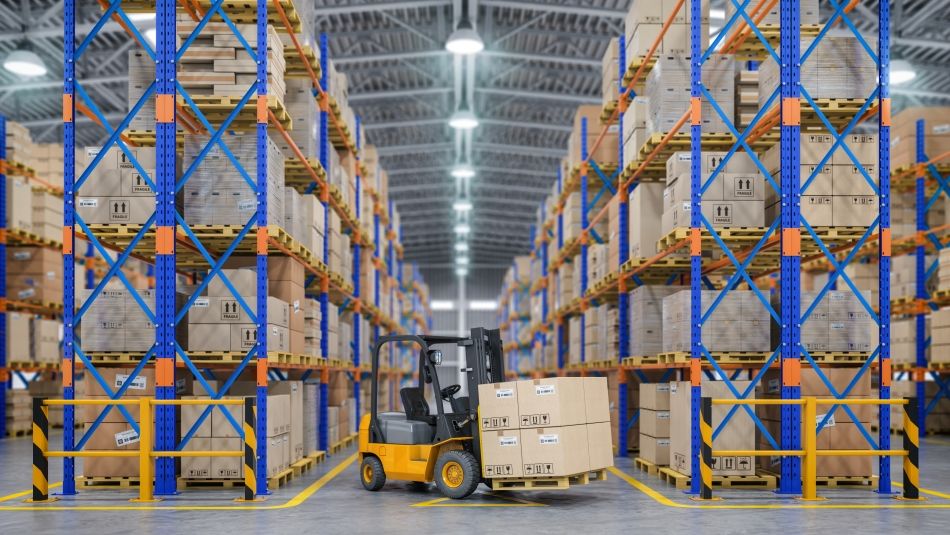
Share
By Jerry Dias, Originally published in the Toronto Star
Click, pay, wait, and the package you ordered appears at the door within days – sometimes overnight.
That’s the wonder of modern online shopping that many will partake in this Black Friday and Cyber Monday. From the comfort of our couch, we can finish our Christmas lists.
But how it happens is hidden away. We’ll smile and say thanks to the delivery driver, if we see them – but it all starts long before that.
Modern warehouses are huge, finetuned operations geared to get products out the door and onto delivery trucks with incredible speed and efficiency. Inside, thousands work in ever-harder conditions to keep products moving – a lot of products.
At Amazon alone, annual sales have over-doubled in the past five years, topping $386 billion in 2020. The firm is valued at an astonishing $1.6 trillion. Founder and CEO, Jeff Bezos, is the richest person in the world.
Earlier this year, he took a trip to space. Just because he could. The rest of us are lucky if we can get to the lake on the weekend.
Amazon is not alone, it’s just the biggest. There are many warehouse firms, plus companies with retail outlets and warehouses feeding their growing online businesses. They are all doing a bang-up business.
COVID-19 has helped. Lockdowns pushed many to explore online shopping for the first time, and we haven’t stopped.
During this pandemic, warehouses have pushed employees to the brink and beyond.
Unifor knows this better than most.
Our union represents thousands of workers in warehousing and distribution across Canada. Our members know that in this sector, heavy equipment inside the warehouses moves at a frenetic pace, constantly.
Corporate time studies, designed to pad profits, mean pickers and haulers are working at almost impossible speeds.
Warehouse workers, like factory workers, are highly vulnerable to virus transmission and other safety hazards.
It comes as no surprise, then, that these workers have fought to unionize. Collective bargaining is a tried and tested way to improve working conditions. Amazon and other warehouse companies know this and dedicate a portion of their profits to fight employees who want to form a union.
Reports out of Alabama – were workers at a large Amazon warehouse tried to unionize – suggest Bezos and crew paid anti-worker consultants $10,000 per day to crush the union.
This after Alabama gave Amazon $50 million to set up shop there.
Think about that. A government used taxpayer money to bring a company to town, and that company turned around and spent huge amounts of money to deny those same taxpayers their basic rights.
Talk about arrogant.
In Ontario, this pandemic profiteer now relies on public subsidies to provide sick days to its staff - too cheap to do it themselves.
If a company such as Amazon wants to do business in Canada, shouldn’t it recognize the value of its own workers?
Warehouse workers know they deserve the good jobs that come with a union contract.
It is high time Amazon, and all warehouse companies, understood this.


